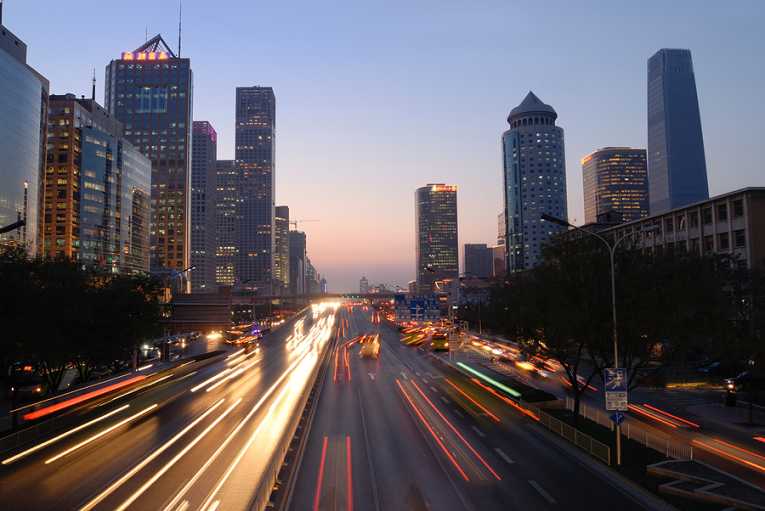Image Credit: Beijing skyline at dusk © Liang Zhang
In a move that could bring the environment to the forefront of international trade policy, China is appealing a decision by the World Trade Organization. And if China's appeal invokes claims it has made in the past, then the verdict might hinge on the nation's ability to justify its trade policies with environmental concerns.
China, which joined the WTO in 2001, had imposed limits on exportats of numerous scarce materials such as magnesium, silicon metal, yellow phosphorus and zinc and others. But following complaints from the United States, European Union and Mexico, the WTO ruled in July that "the use of export restraints creates scarcity and causes higher prices of the raw materials in global markets," and was therefore in breach of WTO rules.
This ruling came despite China's claims that lifting export restrictions would have an erosive impact on the environment, as well as deplete the finite resources in question: "The control of the export of high-energy-consumption, high pollution and resource-based products was utterly necessary for the...reduction of environmental pollution...and alleviating the tense relations among coal, electricity, and oil…"
This, China asserted, was in line with the General Agreement on Tariffs and Trade, or GATT, the guidelines of which are often cited by the WTO. Article XX of GATT says that trade restrictions can in some instances be valid if they are "relating to the conservation of exhaustible natural resources if such measures are made effective in conjunction with restrictions on domestic production or consumption."

To that end, China claimed that at the 2009 rate of extraction, its reserves would last less than five more years. The US, EU and Mexico, however, said that these environmental concerns were simply a way to justify what was, at its core, a strategy to give China a comeptitive advantage in world trade.
There is a tinge of irony in China citing Article XX, especially against charges from the EU. In 2009, for instance, an EU delegation went to China to pressure the nation into curbing greenhouse emissions. And earlier this year, the EU's climate action commissioner opined that China's booming middle-class would eventually force China to bolster its environmental stewardship.
Not that these examples are perfectly analogous, but this current WTO case represents something of a role reversal: the EU talking about the imperatives of economic growth, and China responding by invoking the environment.
Clean Error is an Earth Times blog that looks at China's bizarre position as both the world's biggest polluter and fastest-growing manufacturer of green technology. The views and opinions expressed in this article are those of the author.










